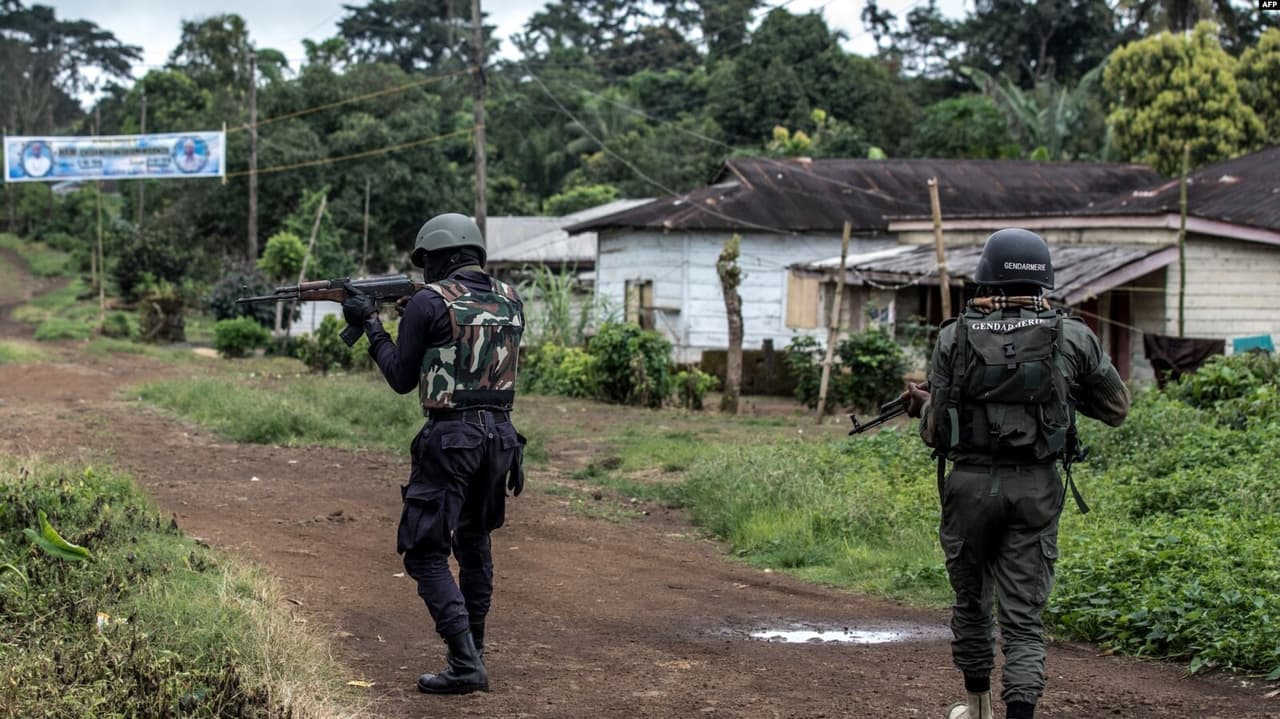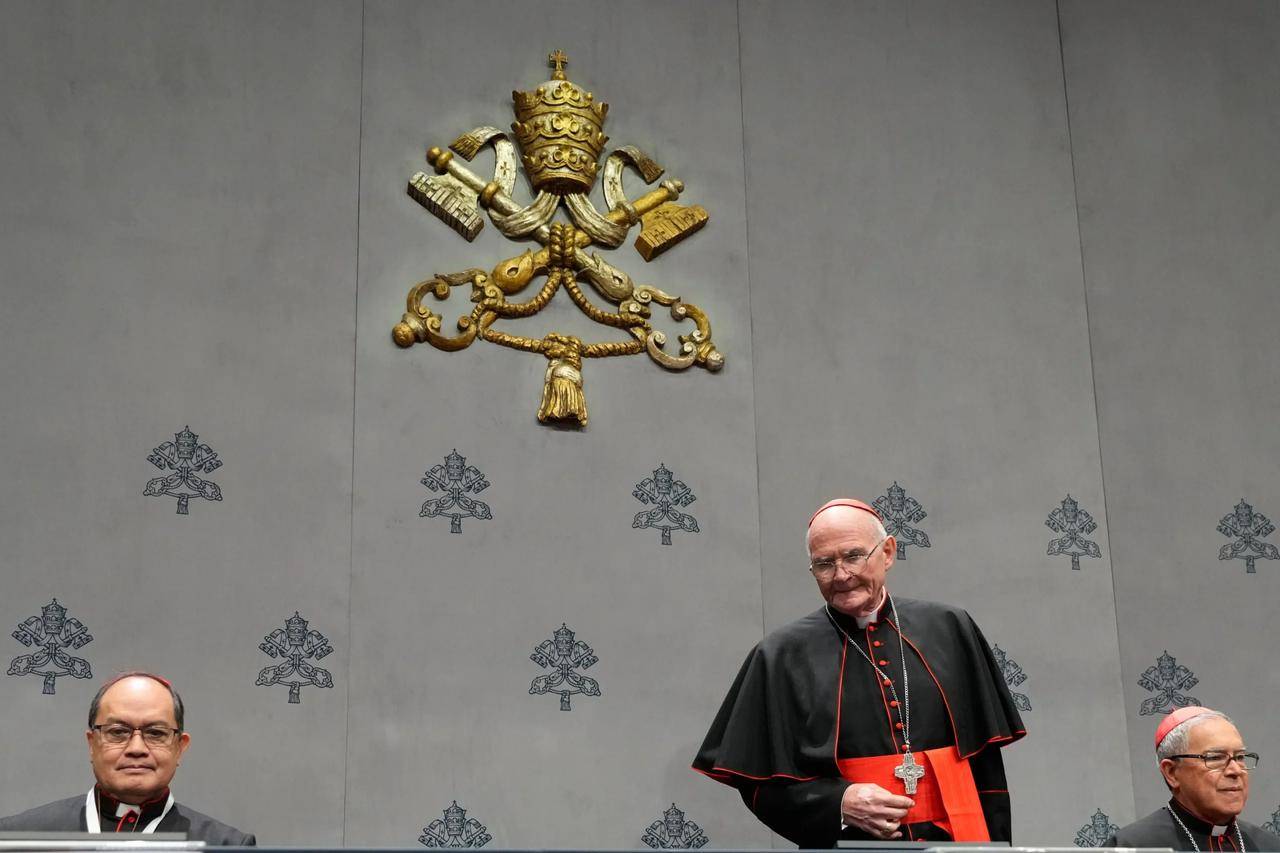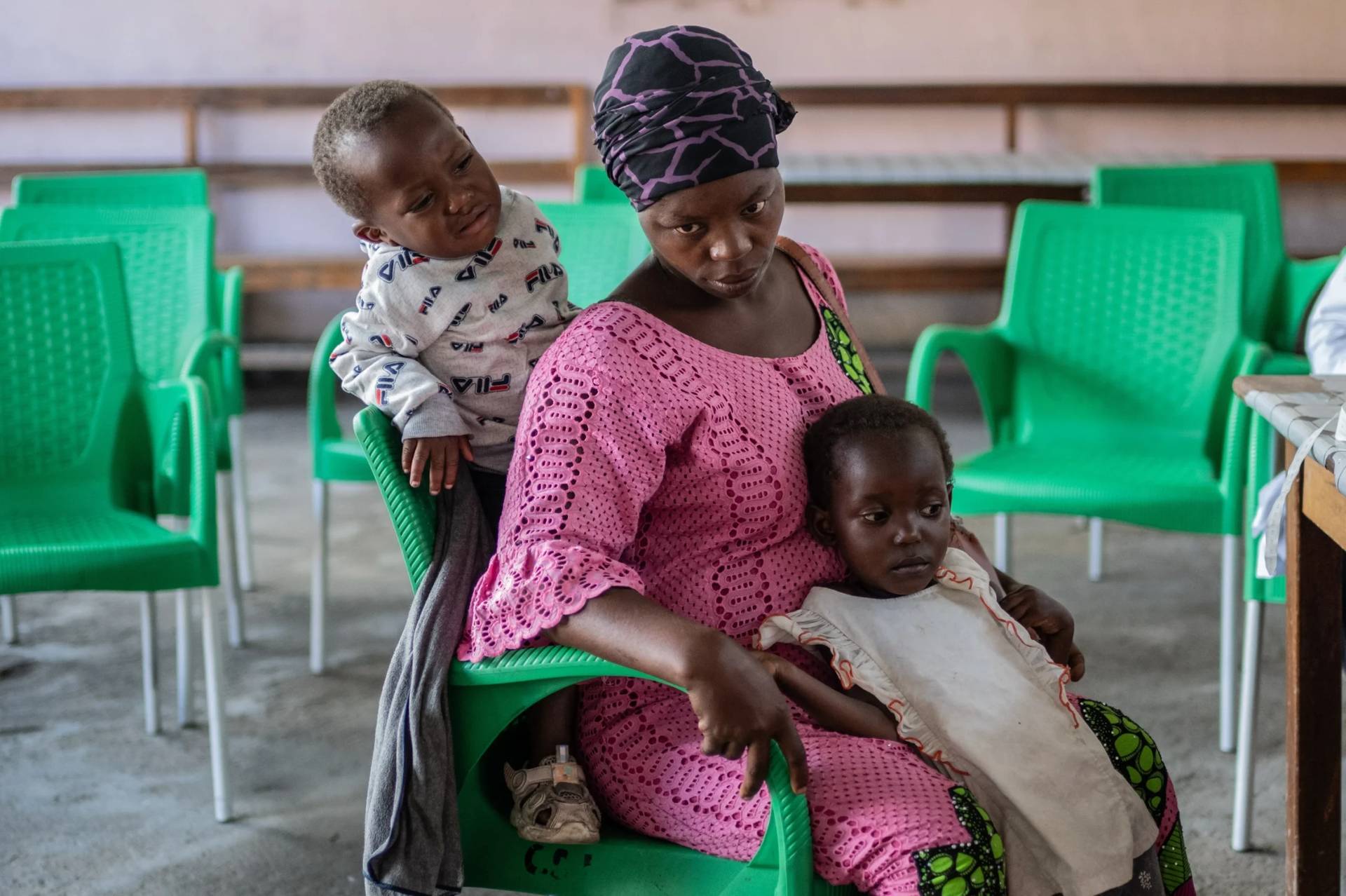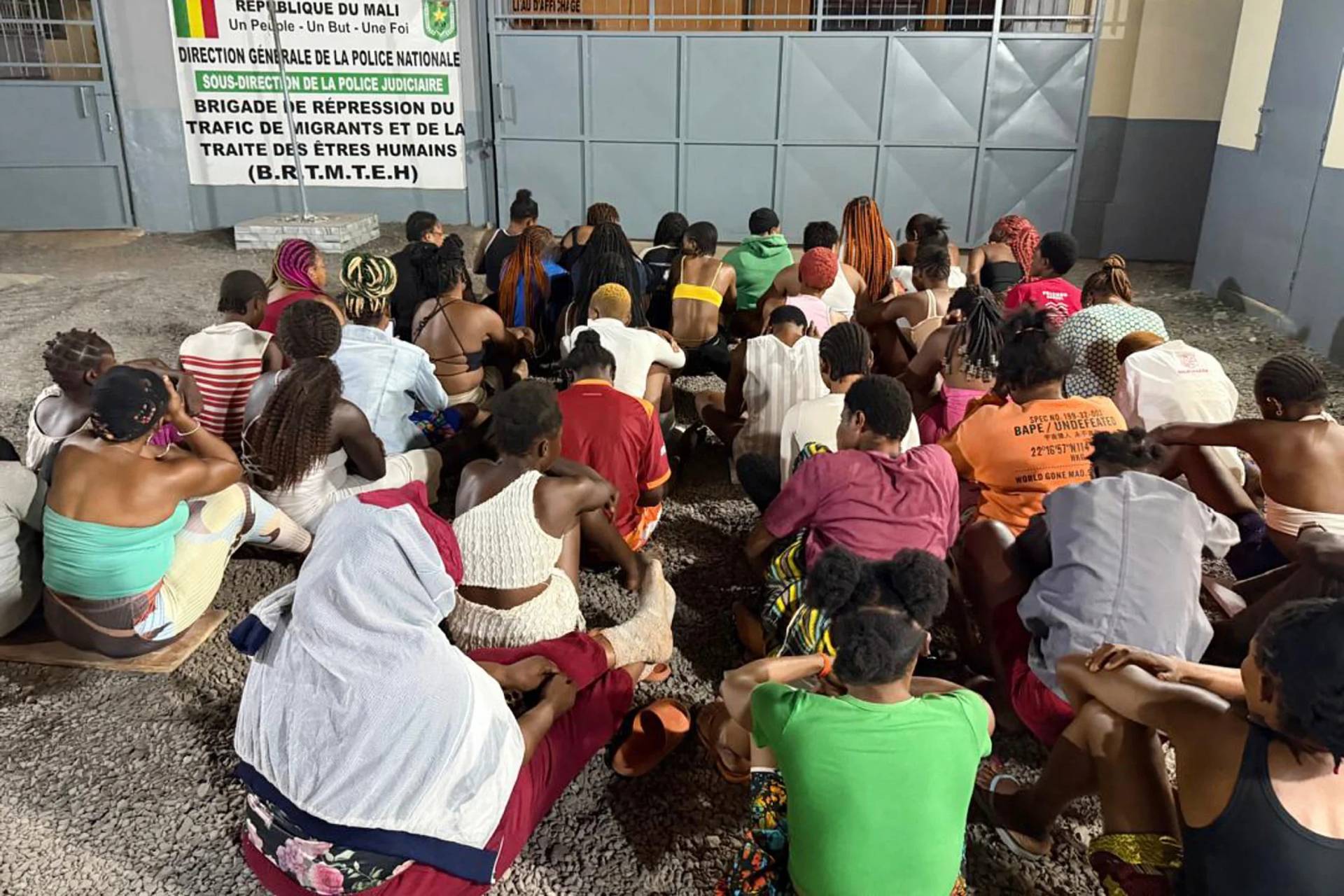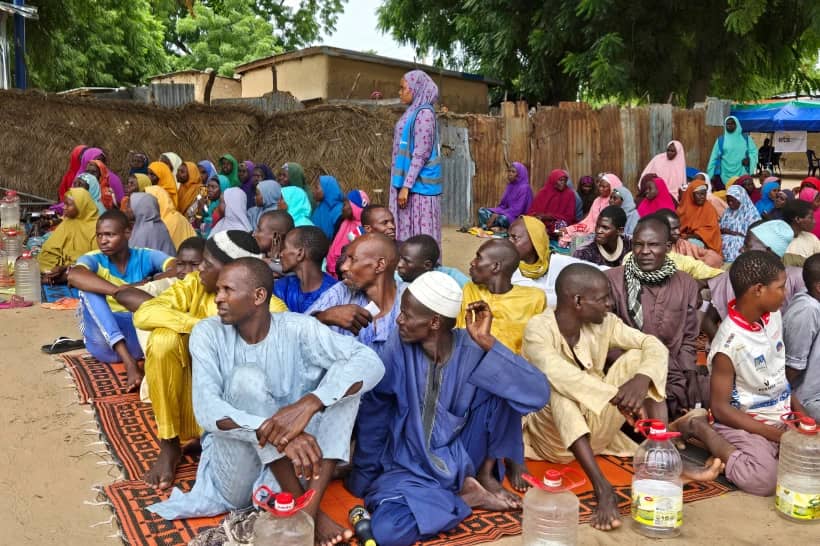YAOUNDÉ, Cameroon – Days after suspected separatist fighters killed nine Cameroonian soldiers in the South West region, Bishop Michael Bibi of Buea condemned the relentless bloodshed plaguing Cameroon’s English-speaking regions.
On Friday, the separatist group Fako Unity Warriors claimed responsibility for an explosive device near Malende that killed the soldiers. This attack underscores the elusive nature of peace in the Anglophone regions — a reality deeply troubling to the bishop.
“War is not something to be encouraged,” the cleric told Christians during a Sunday teaching. “God did not create us to fight each other and to kill each other,” Bibi said.
“Human life is sacred because it has its source and origin in God. When it comes into existence, it continues to have a relationship with God,” Bibi said referencing the Catechism of the Catholic Church.
“Only God, who gives human life, has the right to take it away,” the bishop emphasized.
“Those who fight and take life must know this is wrong. That is why the Church calls us to be advocates of justice and peace, ensuring our communities are free from fighting and killing,” he said.
Cameroon’s English-speaking regions have been embroiled in conflict since 2016. What began as peaceful protests by teachers and lawyers against perceived marginalization by the Francophone-dominated government descended into a brutal separatist war following a harsh government crackdown.
This conflict, however, is deeply rooted in Cameroon’s colonial past. Once a German colony, the territory was divided between Britain and France after Germany’s defeat in World War I. The two powers administered their respective regions — first as League of Nations Mandates and later as United Nations Trust Territories — until independence. In 1961, a UN-supervised plebiscite led to the reunification of the two Cameroons under a federal system. This federation, however, was short-lived. In 1972, it was abolished in favor of a unitary state, concentrating power in the Francophone-dominated central government.
For Anglophone Cameroonians, this dissolution marked the beginning of systemic marginalization. The grievances that fueled the 2016 protests were not spontaneous; they were the culmination of decades of pent-up frustration over the erosion of their political autonomy, cultural identity, and economic opportunities.
The human cost of the war that has been going on now for nearly nine years is staggering. Beyond the recent soldier casualties, the conflict has claimed at least 6,500 lives according to the International Crisis Group. About a million others have been forced to flee their homes to escape indiscriminate violence, burning villages, and widespread human rights abuses committed by both sides.
There are legitimate fears that more violence lies ahead as the school year begins, given separatists have long made a school boycott a cornerstone of the separatist struggle, and as the country heads to a presidential election in October.
Already, separatists have imposed lockdowns, saying they want to disrupt the new school year as well as the October presidential poll.
“Apart from the Monday lockdowns [for long, separatists had imposed lockdowns in the two regions every Monday], the ‘boys’ have said that beginning Monday September 8 when schools reopened for the 2025/2026 academic year, the two regions will be on a complete lockdown until the election in October,” taxi man and Catholic Christian, Ernest Shu Tegha told Crux.
“How do I survive for over a month if I cannot work,” he said.
Catholic bishops in the two regions have continued to plead with the separatists to allow kids back in school.
Archbishop Andrew Nkea Fuanya told Crux that “it is unethical for Children to be used as a weapon of war.”
“We continue to plead that our children should be allowed to go back to school,” he said. Government officials have also been front and center in the effort to get kids back to school in the two regions.
“It is the right of every child to be educated; to have free, equitable and inclusive education,” said Dr. Asheri Kilo, the Secretary of State for Basic Education, in an interview of the Cameroon state broadcaster, CRTV.
“Why would anybody want to stop that,” she asked.
For some time, there had been an uneasy calm in both regions. In an exclusive interview on local Television channel, Equinox, Nkea said “a bit of social life has been returning to Bamenda.”
The archbishop said four years ago, the streets went quiet before 6 Pm every day. Today however, “you can see people drinking right up to ten PM. People are now free to organize funerals and weddings,” he said, but warned that such moments should not be confused with a return to peace.
“The situation is still very volatile,” Nkea said.
“I have made this distinction before. The fact that people are coming back, the fact that shops are opening more and more, the fact that people are beginning to celebrate funerals, more marriages openly and go right into the night does not explain the end of the crisis,” he explained.
“It is simply telling us that either people are getting used to the crisis or there is an uneasy detente. There’s an uneasy calm and we don’t know what can happen at any time. Let us not be deceived by social life returning to our communities and interpret that as the end of the crisis,” the archbishop added.
That warning is now materializing with the current lockdowns.
